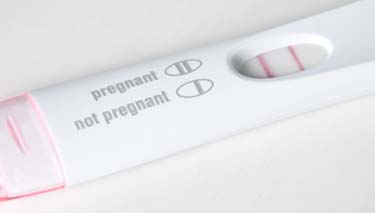Getting pregnant
Congratulations! If you’re here, then you’re probably thinking about getting pregnant in the near future. Or perhaps you’ve thrown out your contraception, started to record your ovulation timing and you and your partner are already having lots of fun trying for a baby.
Trying To Conceive
Recommended Topics
Check out these other topics you might like
Join our Huggies Club
For every milestone, big or small. We got you, baby.

Expert advice

Offers & Promos

Exclusive offers
Try Our Tools
Discover our most popular tools to help
you along the way
Promotions & Offers
Explore our exciting promotions.
Win FREE nappies for 6 months!
Join the Huggies Club for your chance to WIN




























